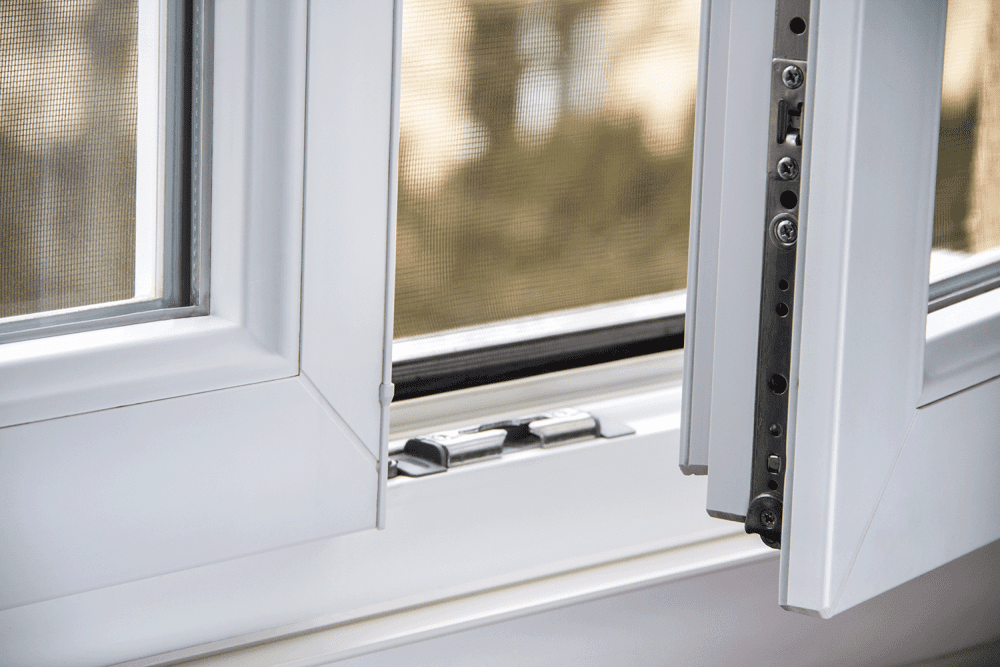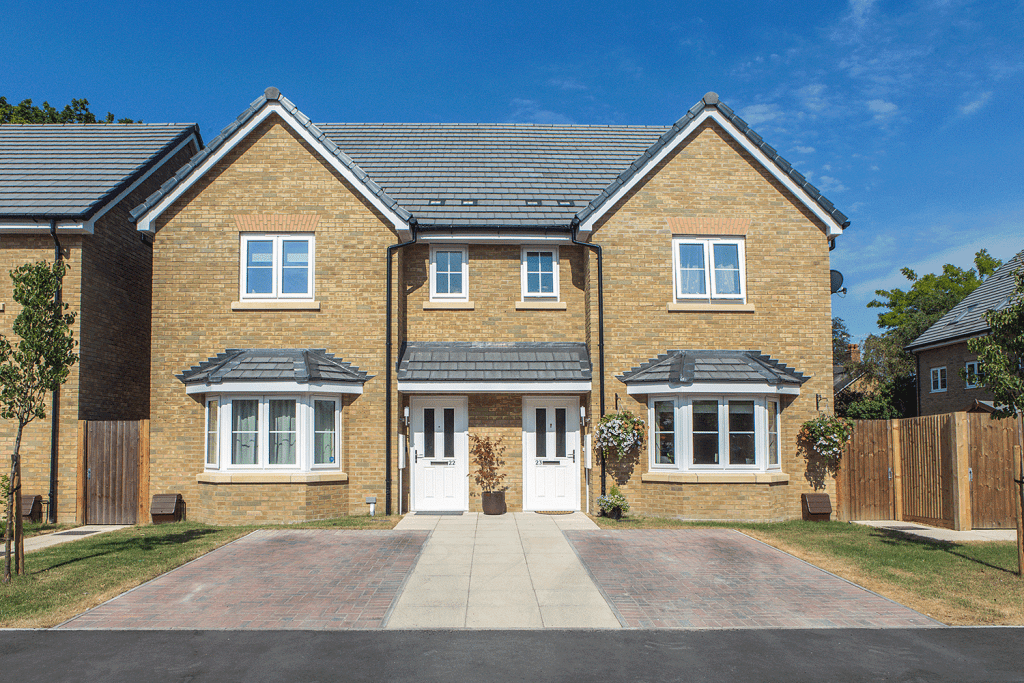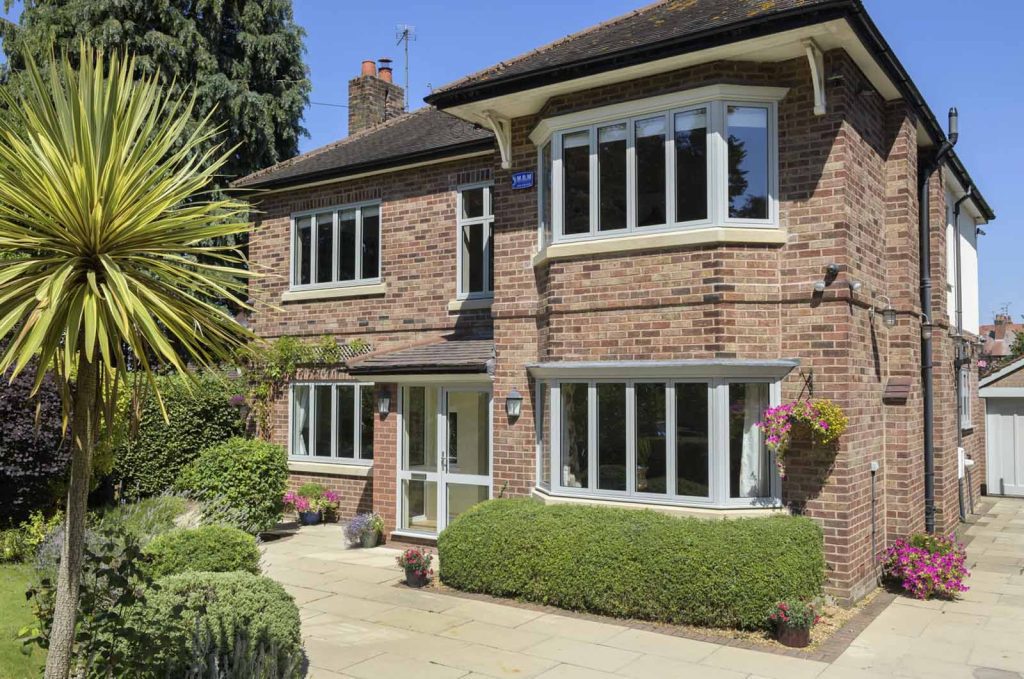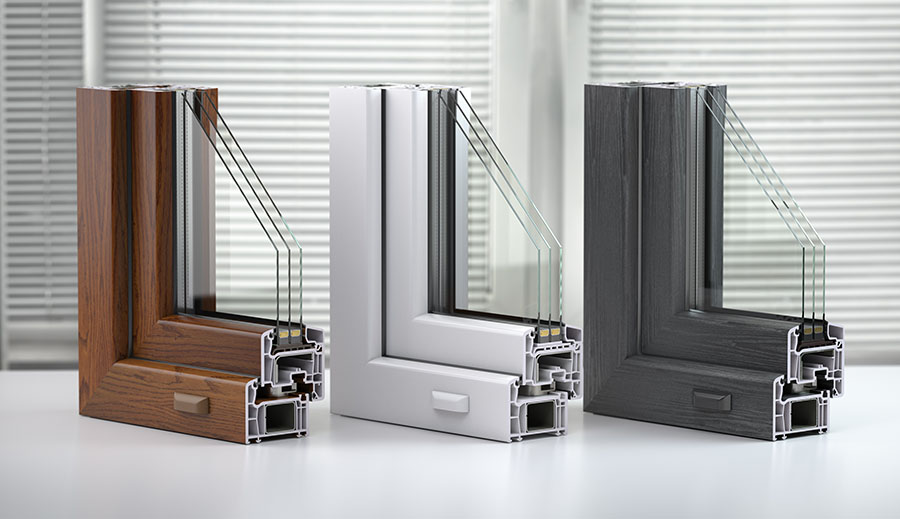
Choosing new windows is a big decision, and when upgrading, homeowners often weigh up aluminium versus uPVC windows. Both materials are popular for modern homes and period properties alike, but they offer different benefits. This guide compares them in terms of style, durability, energy efficiency and cost, so you can make the right choice for your home.
Window style and aesthetics
uPVC windows remain a classic option for many households, and with a wide range of styles such as casement windows and sash windows, they suit different types of properties. Their smooth finishes and choice of colours help them blend with both traditional and modern designs.
Aluminium windows, on the other hand, stand out for their slim aluminium frames, which allow more natural light to enter. The aesthetics of aluminium often appeal to homeowners who want a sleek, contemporary look. Thanks to powder coating and RAL colours, there is a wide range of colours available, making aluminium a versatile window solution for all types of buildings.
Durability and lifespan
When it comes to durability, aluminium is a highly durable material. With excellent high resistance to warping and weathering, it has a long lifespan, making it ideal for the long run. The benefits of aluminium windows include strength and low levels of maintenance, making them suitable for large window designs.
uPVC window frames are also a durable material and offer low maintenance. They are resistant to rot and corrosion and can last a long time if properly cared for. For many households, the benefits of uPVC windows lie in their reliability and practicality.

Energy efficiency and glazing options
Energy performance is one of the main considerations for homeowners. uPVC and aluminium windows differ slightly here. uPVC is a natural insulator, offering excellent thermal efficiency. This means it helps keep homes warmer in winter and can reduce energy bills in the long term.
Aluminium requires a thermal break in the window frames to achieve the same effect. Modern aluminium windows supplied by Boston Trade Frames feature advanced thermal technologies, which provide strong energy efficiency and work well with both double glazing and triple glazing in Boston.
Cost considerations
When comparing uPVC and aluminium, cost is often the deciding factor. uPVC frames are generally more affordable upfront, making them a cost-effective option for many homeowners. Aluminium, being a highly durable material, often comes at a higher initial price but can prove economical in the long run thanks to its long lifespan.
What is the main difference between aluminium and uPVC windows?
The main difference lies in performance and appearance. uPVC is more affordable and naturally insulating, while aluminium offers strength, slim frames and modern style. Your choice will depend on your priorities – budget, efficiency, design or durability.
Key takeaways
- uPVC windows: affordable, natural insulator, wide range of styles, low maintenance, suitable for most types of windows
- Aluminium windows: highly durable material, slim window frames for more natural light, powder coating options, great for modern homes
- Both work well with double glazing or triple glazing
- Your decision depends on budget, type of building, and preferred window style

Aluminium versus uPVC windows: Make the right choice with Boston Trade Frames
At Boston Trade Frames we supply both aluminium windows and uPVC windows, each manufactured to the highest standards. With decades of experience, we help homeowners choose the right window solution for their property – whether it’s maximising thermal efficiency, boosting security levels or improving the overall look of your home.
If you’re considering aluminium versus uPVC windows, our expert team is here to guide you.
Contact us today for a free quote and professional advice on the right choice for your home.
Back to news

